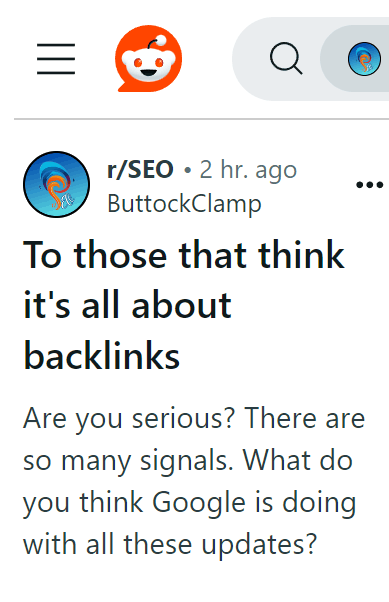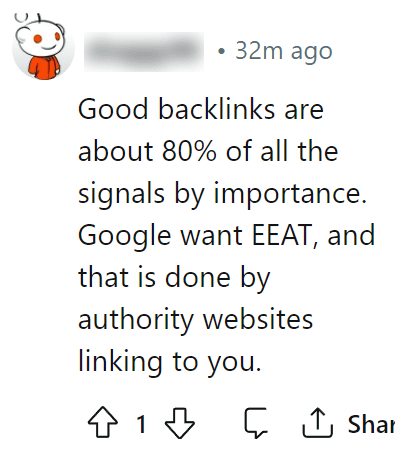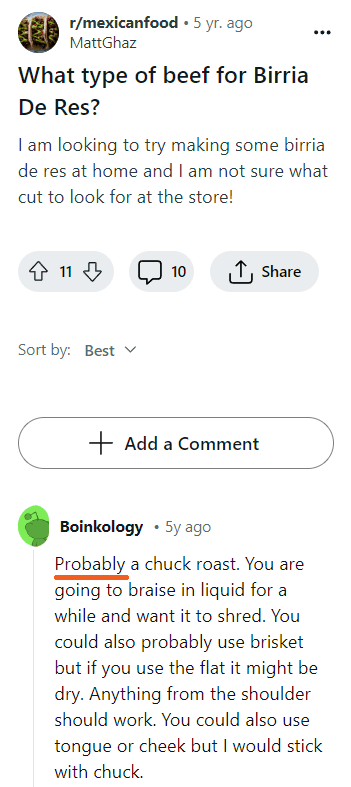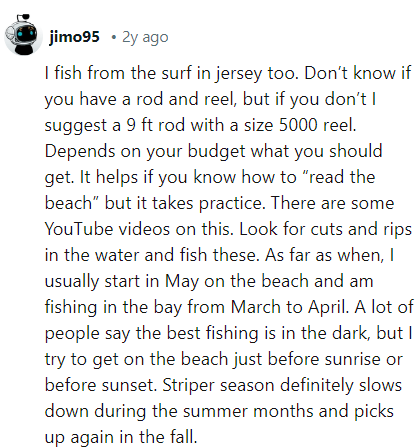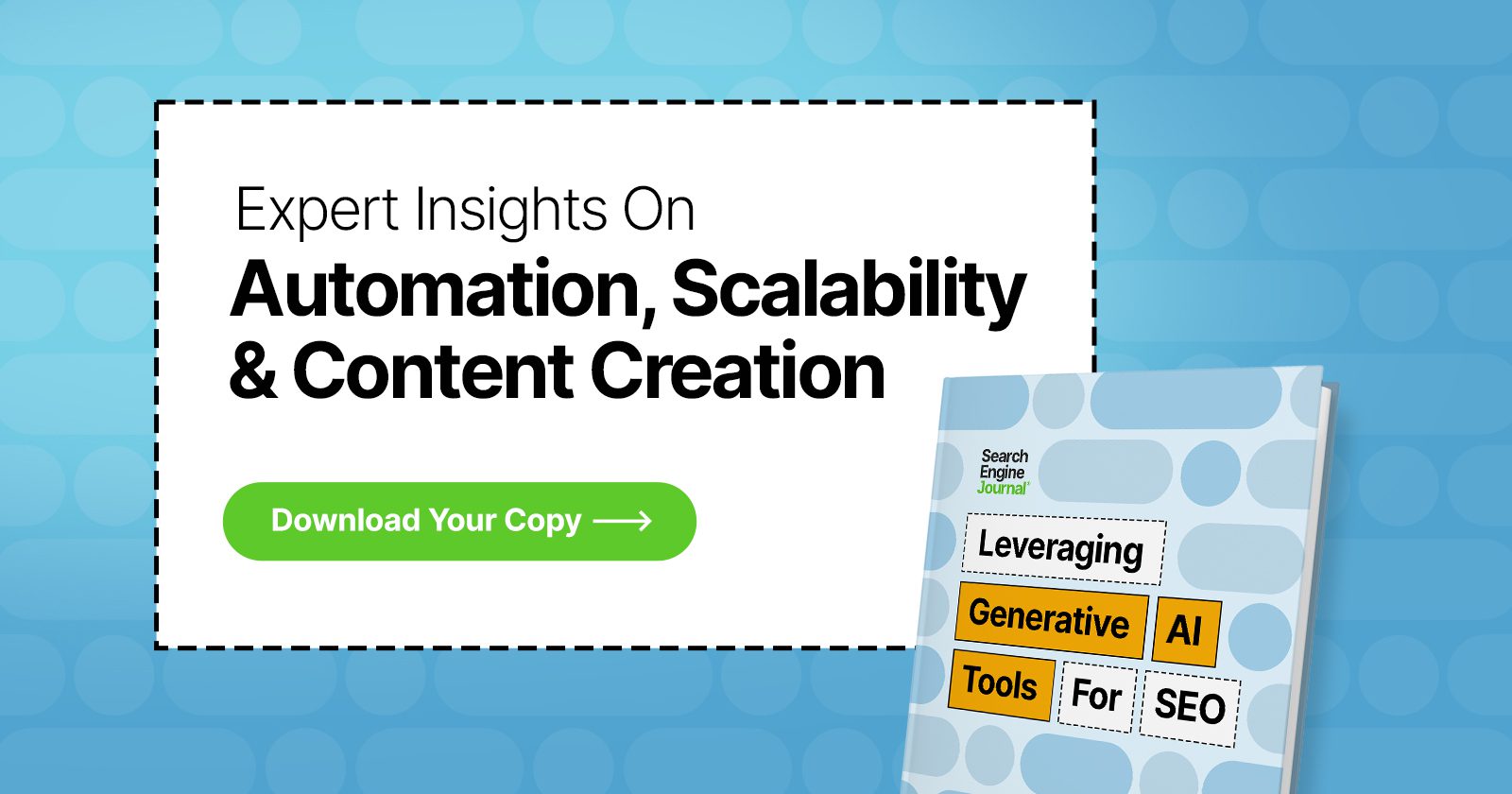Google SGE: Study Reveals Potential Disruption For Brands & SEO via @sejournal, @MattGSouthern
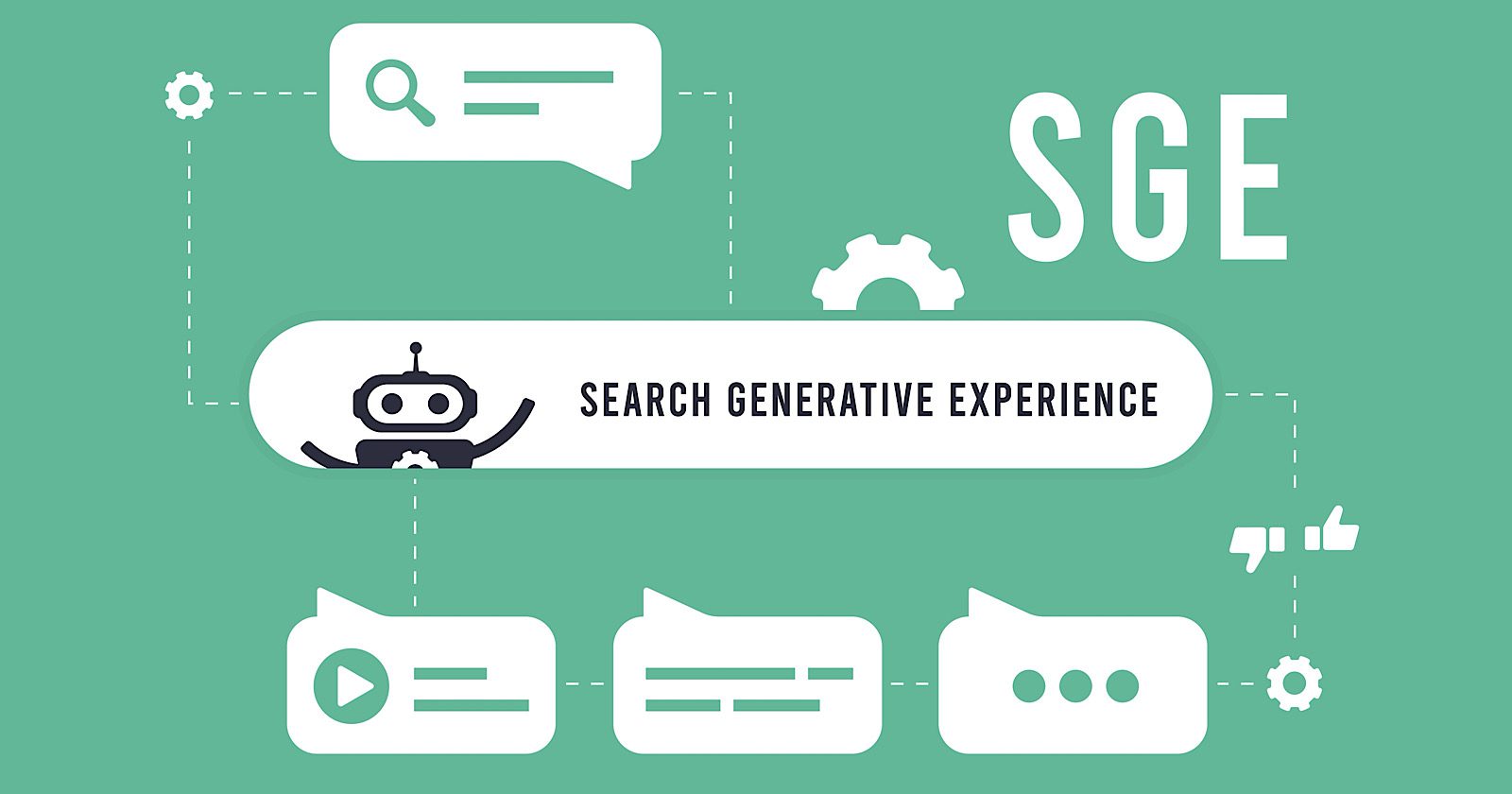
A new study by Authoritas suggests that Google’s AI-powered Search Generative Experience (SGE), currently being tested with a limited group of users, could adversely impact brand visibility and organic search traffic.
These findings include:
- When an SGE box is expanded, the top organic result drops by over 1,200 pixels on average, significantly reducing visibility.
- 62% of SGE links come from domains outside the top 10 organic results.
- Ecommerce, electronics, and fashion-related searches saw the greatest disruption, though all verticals were somewhat impacted.
Adapting to generative search may require a shift in SEO strategies, focusing more on long-form content, expert insights, and multimedia formats.
As Google continues to invest in AI-powered search, the Authoritas study provides an early look at the potential challenges and opportunities ahead.
High Penetration Rate & Industry-Wide Effects
The study analyzed 2,900 brand and product-related keywords across 15 industry verticals and found that Google displays SGE results for 91.4% of all search queries.
The prevalence of SGE results indicates they impact a majority of websites across various industries.
The research analyzed the typical composition of SGE results. On average, each SGE element contained between 10-11 links sourced from an average of four different domains.
This indicates brands may need to earn multiple links and listings within these AI-curated results to maintain visibility and traffic.
The research also suggests that larger, well-established websites like Quora and Reddit will likely perform better in SGE results than smaller websites and lesser-known brands.
Shifting Dynamics In Organic Search Results
With SGE results occupying the entire first page, websites that currently hold the top positions may experience a significant decrease in traffic and click-through rates.
When a user clicks to expand the SGE element, the study found that, on average, the #1 ranked organic result drops a sizeable 1,255 pixels down the page.
Even if a website ranks number one in organic search, it may effectively be pushed down to the second page due to the prominence of SGE results.
New Competition From Unexpected Sources
The study revealed that SGE frequently surfaces links and content from websites that didn’t appear in the top organic rankings.
On average, only 20.1% of SGE links exactly matched a URL from the first page of Google search results.
An additional 17.9% of SGE links were from the same domains as page one results but linked to different pages. The remaining 62% of SGE links came from sources outside the top organic results.
Challenges For Brand Term Optimization & Local Search
The study reveals that SGE results for branded terms may include competitors’ websites alongside the brand’s own site, potentially leading to increased competition for brand visibility.
Laurence O’Toole, CEO and founder of Authoritas, states:
“Brands are not immune. These new types of generative results introduce more opportunities for third-party sites and even competitors to rank for your brand terms and related brand and product terms that you care about.”
Additionally, local businesses may face similar challenges, as SGE results could feature competing local brands even when users search for a specific brand in a regional context.
Methodology & Limitations
To arrive at these insights, Authoritas analyzed a robust dataset of 2,900 search keywords across a spectrum of query types, including specific brand names, brand + generic terms, brand + product names, generic terms, and specific product names. The keywords were distributed across 15 industry verticals.
The study utilized a consistent desktop browser viewport to quantify pixel-based changes in the search results. Authoritas also developed proprietary “alignment scores” to measure the degree of overlap between traditional organic search results and the new SGE links.
While acknowledging some limitations, such as the keyword set needing to be fully representative of each vertical and the still-evolving nature of SGE, Authoritas maintains that the insights hold value in preparing brands for the new realities of an AI-powered search ecosystem.
Why We Care
The findings of the Authoritas study have implications for businesses, marketers, and SEO professionals. As Google’s SGE becomes more prevalent, it could disrupt traditional organic search rankings and traffic patterns.
Brands that have invested heavily in SEO and have achieved top rankings for key terms may find their visibility and click-through rates diminished by the prominence of SGE results.
SGE introduces new competition from unexpected sources, as most SGE links come from domains outside the top 10 organic results. This means businesses may need to compete not only with their traditional rivals but also with a broader range of websites that gain visibility through SGE.
As Google is a primary source of traffic and leads for many businesses, any changes to its search results can impact visibility, brand awareness, and revenue.
How This Could Help You
While the rise of SGE presents challenges, it also offers opportunities.
Taking into account what we’ve learned from the Authoritas study, here are some actionable takeaways:
- As SGE favors in-depth, informative content, businesses may benefit from investing in comprehensive, well-researched articles and guides that provide value to users.
- Incorporating expert quotes, interviews, and authoritative sources within your content could increase the likelihood of being featured in SGE results.
- Enriching your content with images, videos, and other multimedia elements may help capture the attention of both users and the SGE algorithm.
- Building a strong brand presence across multiple channels, including social media, industry forums, and relevant websites, can increase your chances of appearing in SGE.
- Creating a trustworthy brand and managing your online reputation will be crucial, as SGE may feature competitors alongside your website.
Looking Ahead
While the long-term impact of SGE will depend on user adoption and the perceived usefulness of results, this study’s findings serve as a valuable starting point for businesses and SEO professionals.
By proactively addressing the challenges and opportunities SGE presents, you can increase your chances of success in the new search environment.
Featured Image: BestForBest/Shutterstock




